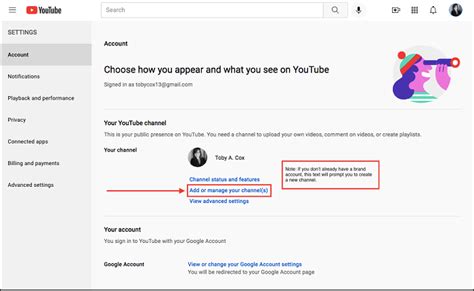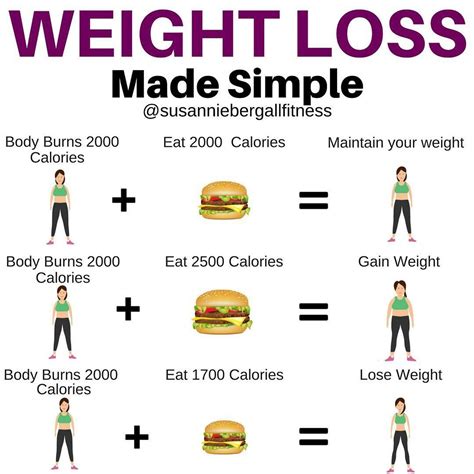A poor diet can lead to a myriad of health issues, ranging from minor ailments to life-threatening diseases. Choosing unhealthy foods can significantly impact your physical and mental well-being, affecting everything from your energy levels to your cognitive function.

Consequences of a Poor Diet
- Increased Risk of Chronic Diseases
A diet high in processed foods, saturated fat, and sugar can significantly increase your risk of developing chronic diseases such as:
- Heart disease: 92.1 million adults in the US have cardiovascular disease, and poor diet is a significant contributing factor.
- Stroke: 795,000 people in the US suffer from a stroke each year, and poor diet is a major risk factor.
- Type 2 diabetes: 34.2 million Americans have diabetes, and unhealthy eating habits are a leading cause.
- Cancer: Poor diet is linked to an increased risk of several types of cancer, including colorectal, lung, and breast cancer.
- Weight Gain and Obesity
Consuming a diet high in calories and low in nutrients can lead to excessive weight gain and obesity. Obesity is a major public health concern, affecting over 40% of adults in the US. It significantly increases the risk of chronic diseases, such as heart disease, stroke, type 2 diabetes, and certain types of cancer.
- Nutrient Deficiencies
A poor diet can lead to nutrient deficiencies, which can cause a range of health problems. For example, a diet low in calcium can lead to osteoporosis, while a diet low in iron can cause anemia. Nutrient deficiencies can also affect your energy levels, mood, and cognitive function.
Tips for Improving Your Diet
Making healthy dietary choices is essential for maintaining a healthy body and mind. Here are some tips for improving your diet:
- Eat a Variety of Fruits and Vegetables: Fruits and vegetables are packed with vitamins, minerals, antioxidants, and fiber, which are all essential for good health. Aim for at least 5 servings of fruits and vegetables per day.
- Choose Whole Grains Over Refined Grains: Whole grains contain more fiber and nutrients than refined grains. Swap out white bread, pasta, and rice for brown or whole-wheat alternatives.
- Limit Processed Foods: Processed foods are often high in unhealthy fats, sodium, and sugar. Limit your intake of processed foods, such as chips, cookies, and frozen meals.
- Choose Lean Protein Sources: Lean protein sources, such as fish, chicken, and beans, are essential for building and maintaining lean muscle mass.
- Drink Plenty of Water: Water is essential for good health and can help you feel full and reduce your calorie intake. Aim for 8 glasses of water per day.
Conclusion
Making healthy dietary choices is one of the most important things you can do for your health. A poor diet can have severe consequences, including an increased risk of chronic diseases, weight gain, and nutrient deficiencies. By following the tips above, you can improve your diet and enjoy a healthier, more vibrant life.
















